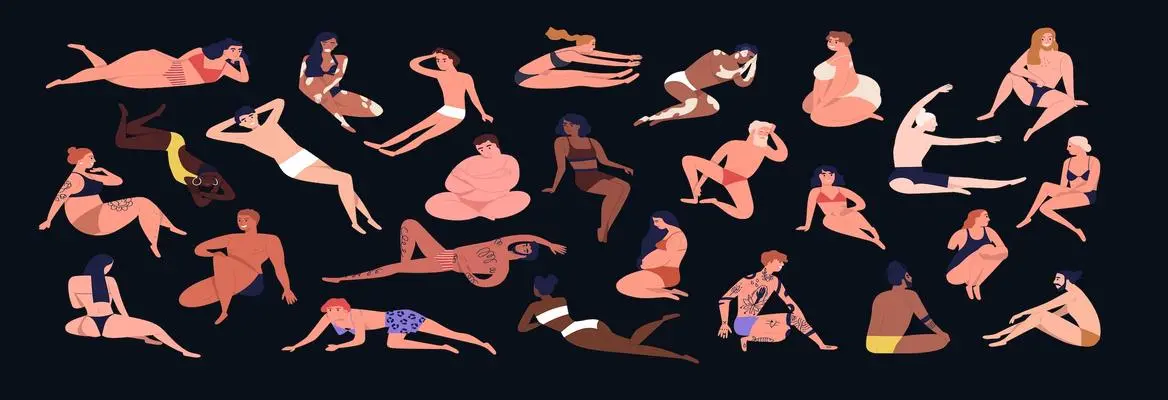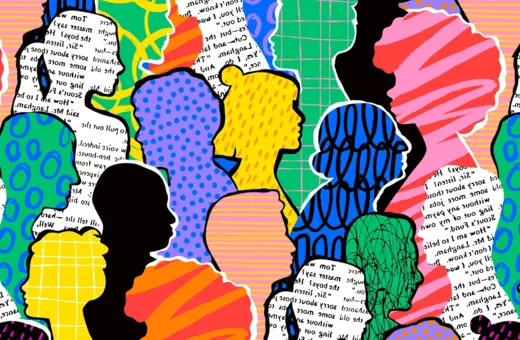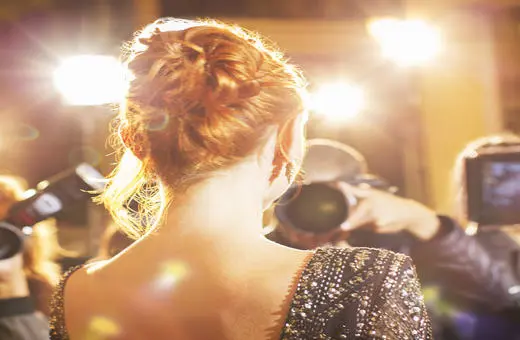We all feel pressure for our bodies to look a certain way: 70% of women say they feel pressure to have a perfect body, and two thirds of men feel ashamed of how they look. However, those pressures don’t affect everyone equally. The standards by which our bodies are judged reflect and reinforce other unjust societal hierarchies. Furthermore, the failure to adhere to society’s beauty standards is often interpreted as a deeper failure of character, encompassing our entire identity. By being aware of the sources of these pressures we can remind ourselves that the unmodified body is valuable just as it is, writes Clare Chambers.
Which part of your body would you most like to change?
Most of us have an easy answer to this question. Perhaps it’s your buttocks or thighs, your belly or nose; do you want fewer wrinkles, different hair? In fact, if someone were to answer “nothing, I’m perfect just as I am” we’d likely dismiss them as arrogant or complacent. We are always ready to judge bodies, both ours and other people’s, and find them wanting.
Since our bodies are never good enough, there is always something about them that we could – or even should – change. Generally we should be free to try to change our bodies as we see fit. But in Intact: A Defence of the Unmodified Body I argue that the overwhelming pressures to change our bodies are politically significant, and that responding to them is philosophically complex. Put simply, the social context in which no body is allowed to be good enough is harmful. We should work together to change it.
We all receive incredibly strong, all-encompassing messages about the need to change our bodies. On this perspective, the body is a work in progress. It’s an unruly, wild thing to be brought under control. It’s an ageing, deteriorating shell to be rejuvenated. It’s an abnormality to be rectified, an impairment to be concealed if it can’t be cured. It’s an expanding waistline that needs to be trimmed, a shrinking bicep that needs to be bulged.
___
Bodies are judged according to standards that reflect and reinforce other hierarchies.
___
These ways of thinking about the body are also ways of judging it. They’re ways of making the bodies we have – and, ultimately, the people we are – into things that are failing, things that are wrong. If you need to change to be socially acceptable then you are deficient as you are. This idea, that our bodies need to change if they are to be good enough, undermines equality – even though it applies to everyone. How can that be?
One reason is that we don’t experience the pressures to modify our bodies as pressures that apply to everyone. We experience them as specifically applied to our own bodies in particular. We can readily identify ways that our own body is deficient as compared to others, since we are surrounded by images to look up to and goals to aim for. We develop a particularly awareness of our own personal failings, such that our bodies can become infused with shame.
___
Failure to be beautiful is not understood simply as failure to be beautiful. It’s experienced as failure full stop: as a moral failing, as a lack of equal worth, as something to be ashamed of.
___





















Join the conversation